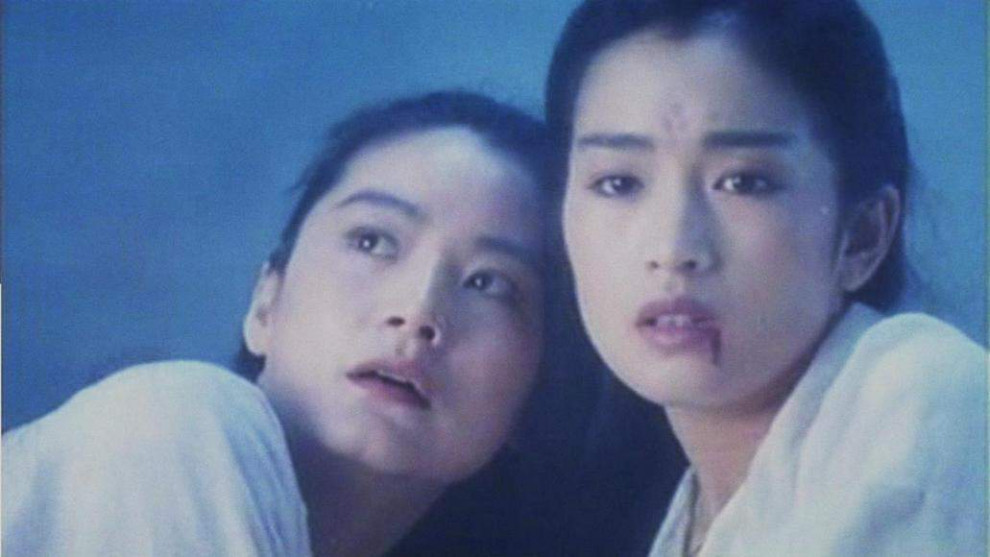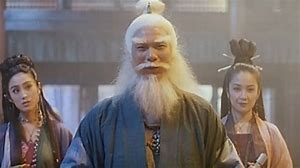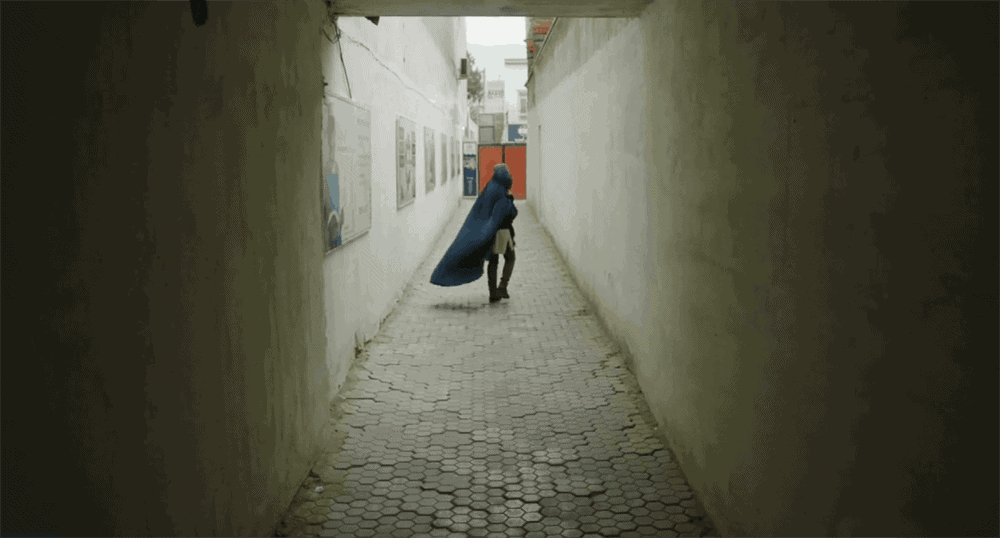“The Dragon Chronicles: The Maidens of Heavenly Mountains” was originally released in the midst of the Hong Kong New Wave, features two huge names in Brigitte Lin and Gong Li and was adapted from the Wu Xia novel “Demi Gods and Semi Devils” by Louis Cha. With many of its contemporaries getting western releases over the years, it appears to have faded from view. Recently reissued on Blu-Ray in Korea, there is now an opportunity to revisit the movie and see where it places amongst the ranks of the Wu Xia.
Buy This Title
A martial arts master Sui Yiu Tze who is the head of the Tin San Sect is fatally poisoned but refuses to die until his killer is revealed and he can pass on his skill to the one fated to receive it. This places the martial arts world it in turmoil as others seek to gain his skill and so have domination over the other clans. One sister Lei Chong-hoi (Brigitte Lin) remains in seclusion with him on Piu Miu Peak as Mou Hang-wan (Gong Li) promises to return for her whilst the other sister Lei Chau-shui seeks to become the ruler of the martial arts world. Into this conflict enters unwitting monk Hui-juk (Frankie Lam) and Ah-tsi (Sharla Cheung) who has her own ambitions despite being a student of Ting Chun-chau (Tsui Siu-Keung), the leader of Sing Suk Sect and potential architect of the poisoning.
There is very much a “Zu Warriors” vibe to the film's visuals, a feeling reinforced by the appearances of Brigitte Lin and Tsui Siu-Keung in the cast. There, however, the resemblance ends. Whilst Hong Kong Cinema has never always been one for the traditional three act structure that western audiences might be used to, this movie virtually removes the whole concept of structure completely. After the opening minutes, I actually stopped to check if I had somehow missed a prequel as the voiceover and montage revealed a large amount of exposition and characters before getting underway. So, unless you happen to have read the original novel by Louis Cha (I haven't) then you're already playing catch up before the opening titles. This frantic pace is maintained for the duration of the film's running time, with barely a second to draw breath.
This pace means that the characters never truly resonate and it's unfortunate as given more time to breathe there was potential for a much better film here. Brigitte Lin in the 1990's was an incredibly fascinating actress after the success of “Swordsman 2” and her character of Invincible Asia saw subsequent movies attempt to utilise this blurring of the feminine and masculine. Here we have a relationship with Gong Li's Mou Hang-wan that is probably the only emotional beat that connects to a degree. This perhaps is more to do with Gong Li's dignified performance as opposed to Brigitte Lin's, as the latter's twin role sees the “evil” twin get more of the screen time, while the “Good” twin never really has a voice of her own. Given that this was the only shared screen appearance of two of Asia's biggest actresses, this has to be considered a disappointment.
Sharla Cheung (normally a capable foil for Stephen Chow) appears to be acting in a different movie altogether with a very over the top performance that sabotages the scenes with Frankie Lam's earnest monk.
Indeed, these contradictory performances reflect the overall feeling that the movie lacks cohesion. The narrative is far too complex for the film's 90+ minute running time and so rushes through scene after scene, and at times, becomes incomprehensible.
The action direction by Poon Kin-Kwan is very good for the genre. None of the leads are martial artists, but the wire-work effects allow them to perform with grace and for the most part clarity, and not the blur of movement that can be distracting, sometimes. Indeed the technical aspects of the movie are its strength. It's just unfortunate that the storytelling lets it down.
Hong Kong Babylon by Frederick Dannen and Barry Long describes this movie as a “Glorious Mess” and that two word summation is possible the most apt description to give this movie, given it's inherent contradictions. Whilst visually rich with some exquisite wire-work, the narrative never really engages as has moved onto the next scene whilst you are still processing the last one. Given another 30 minutes to smooth out the structure it would have been a classic of Wu Xia. Instead we are left with something that, albeit entertaining, is indeed a glorious mess.



















